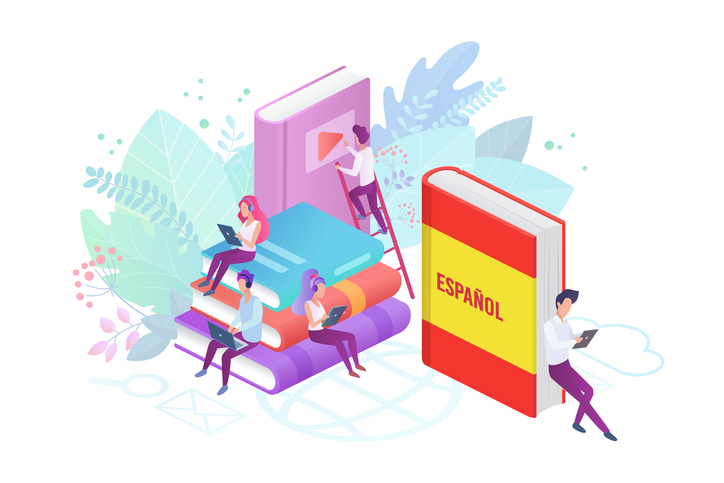
The director of Spain’s Instituto Cervantes applauded the country’s linguistic diversity and said that people should “understand the enormous wealth of living in a country with so many languages.” During a meeting with the heads of organizations that promote Galician, Basque, and Catalan, Luis García Montero affirmed that the co-official languages contribute “different ways of living in this world that enrich us” not only in the respective territories where they are spoken but for all of Spain. Hopefully, he stressed, those citizens “who are lucky enough to be bilingual do not have the bad luck to stop being so.”
Within the framework of the European Day of Languages, García Montero held a face-to-face meeting at the Cervantes Institute in Berlin with the general director of El Libro, María José Gálvez; with the directors of the Consello da Cultura Galega, Rosario Álvarez, and the Etxepare Euskal Institutua, Irene Larraza; and with the delegate of the Institut Ramon Llull in Berlin, Sílvia González.
All of them expressed their desire to coordinate strategies among the various institutions to reinforce multilingualism in Spain, as agreed in the first cooperation agreement between Cervantes, Ramon Llull, the Consello, and Etxepare. The director of the Consello da Cultura Galega declared that “linguistic and cultural diversity is in the DNA of Europe, as it is typical of territories long inhabited by peoples who create languages, which evolve over millennia.”
Rosario Álvarez added that “the institutions represented here have the firm will to walk together to show, within and outside the borders of the Spanish state, the diversity of the creative impulse of this mosaic of cultures and languages. The shared values of each identity, as well as mutual respect and appreciation, are the basis of democratic coexistence.” Irene Larraza praised the role of nonhegemonic language institutes in making minority languages “known, recognized, and used to become fully fledged languages,” because “in a Europe based on common values, it is essential to learn to understand each other not from homogeneity but from difference. It’s impossible to create or expand a community without an appreciation of diversity, in all areas.”
“As speakers or representatives of minority languages, we can undoubtedly contribute our extensive experience in managing multilingualism,” Larraza added.








